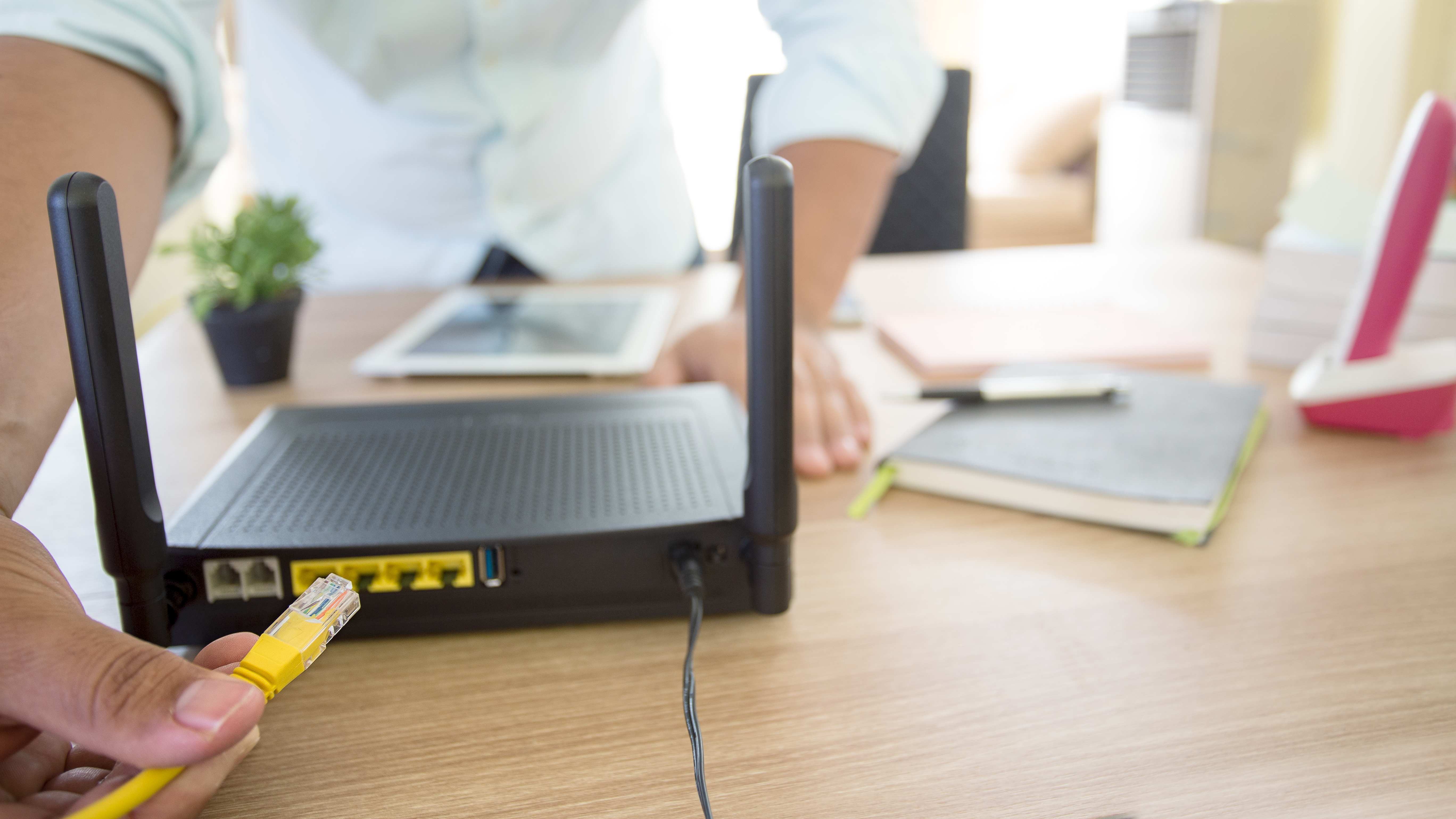
Searching for a great new broadband deal? Well, you may find the choice overwhelming. After all, there's so much broadband jargon and so many acronyms that it can be very difficult to decide which deals are actually right for your needs.
While many people opt for the cheapest broadband deal available, that isn't always the best option. Although the cheapest broadband deals will provide you with an affordable connection, they likely won't be suitable for your needs. This means you may end up frustrated with your connection and unable to use the internet in the way you want to.
Sometimes, the opposite can be true. We can become so baffled by all the jargon that we instead choose a very fast connection, knowing it will be more than quick enough. Although this is less frustrating because you won't end up suffering from buffering or lag, it still isn't ideal because it may mean that you're paying more for your internet than you need to.
So, how much internet do you need? Well we've put together this detailed guide that covers all the different types of broadband, how much they cost and what they can be used for. So, read on to discover exactly how much internet you need and which type of connection is best for your needs.
What broadband speed do I need?
This depends on what you use the internet for. If you're simply checking emails, browsing social media and doing a little bit of online shopping, a basic package will suffice. However, if you want to stream your favourite shows on Netflix, attend work video calls or play video games online, you'll need something much quicker.
What is a good internet speed?
Put simply, a good internet speed is one that suits your needs and is available at an affordable price.
In the UK, broadband speeds range from around 10Mbps (ADSL deals) all the way through to 2Gbps (gigabit broadband). This is a huge variance and means that there's no 'one-size-fits-all solution'.
When it comes to the question of 'how much internet do I need?' you're actually asking what a 'good internet speed' looks like for you. The simple answer is that this is a speed that is fast enough to handle everything your household does online but isn't so fast that you're paying for speeds that you don't use.
Nowadays, for the vast majority of households, this is either a fibre broadband deal or a Full Fibre broadband deal. While some providers still offer ADSL deals, these are usually too slow for most people (they're also no longer widely available). At the other end of the scale, gigabit-capable packages are too fast for most households and leave people overpaying for their connection.
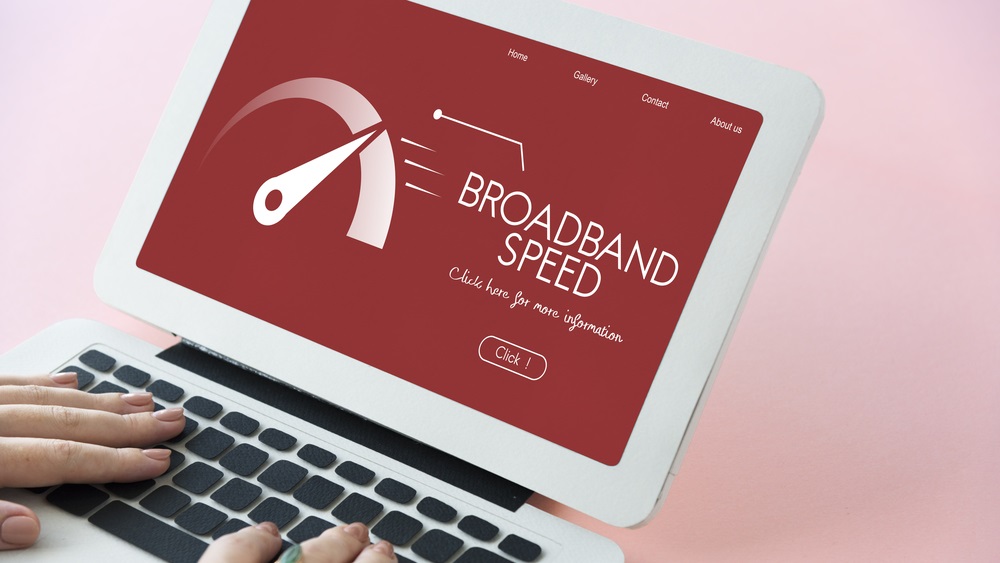
How do I check what speed I currently receive?
When it comes to working out how much internet you need, it's best to start by seeing what speeds you currently receive and then deciding whether your current package is quick enough.
The best way to do this is to run a broadband speed test. This will show you the average download speeds you're receiving at the time of the test, as well as your average upload speeds at this time.
If you know these speeds are quick enough for you, then you can look online for a similar plan. But, if your connection has been struggling and you're receiving speeds of 30Mbps, you'll know that a basic fibre connection isn't quick enough and you need something faster next time you look for a deal.
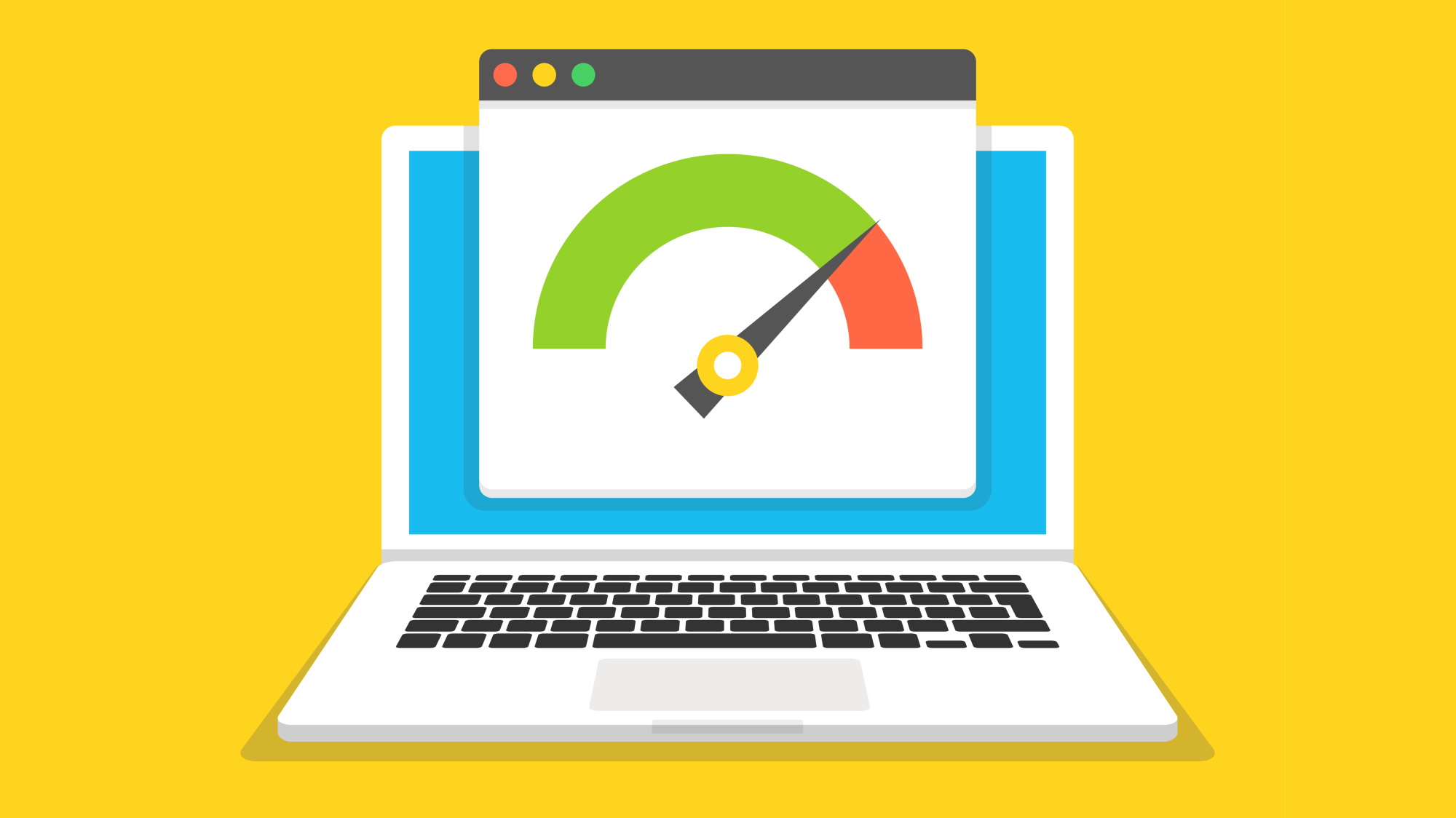
Broadband speeds for browsing the web
If you only plan on browsing online, checking your emails occasionally and scrolling on social media, you'll only need a basic fibre connection (or an ADSL connection, although these are outdated and no longer widely available).
Basic fibre packages usually provide average download speeds of around 36Mbps, and these are more than powerful enough to handle multiple family members being online at the same time. This is a bit of a bonus too, as these packages usually feature on our cheap broadband deals page.
However, if you live in a particularly large household, or if you have a particularly connected family, a basic fibre connection may come under too much strain and an ADSL connection almost certainly won't be strong enough.

Broadband speeds required for streaming
Love streaming your favourite shows and films? You'll need a fibre package that packs a punch. If you live alone then a basic fibre package like the ones we mentioned above may be quick enough for your needs. However, if all of the family likes to get online at the same time or you much prefer streaming in UHD, then an upgraded fibre package is likely to be a much better choice for you.
At face value, streaming isn't too bandwidth-intensive. After all, services like Netflix, Amazon Prime and BBC iPlayer only require broadband speeds of 1.5Mbps and above for SD streaming, or 2.8Mbps and above for HD streaming.
However, this is per device. This means if multiple people are streaming at the same time, or using the internet for work or casual browsing, your usage will quickly add up.
As a result, although you may be ok with a 30Mbps connection if you live in a small household, it's usually best to pay slightly more for an upgraded connection.
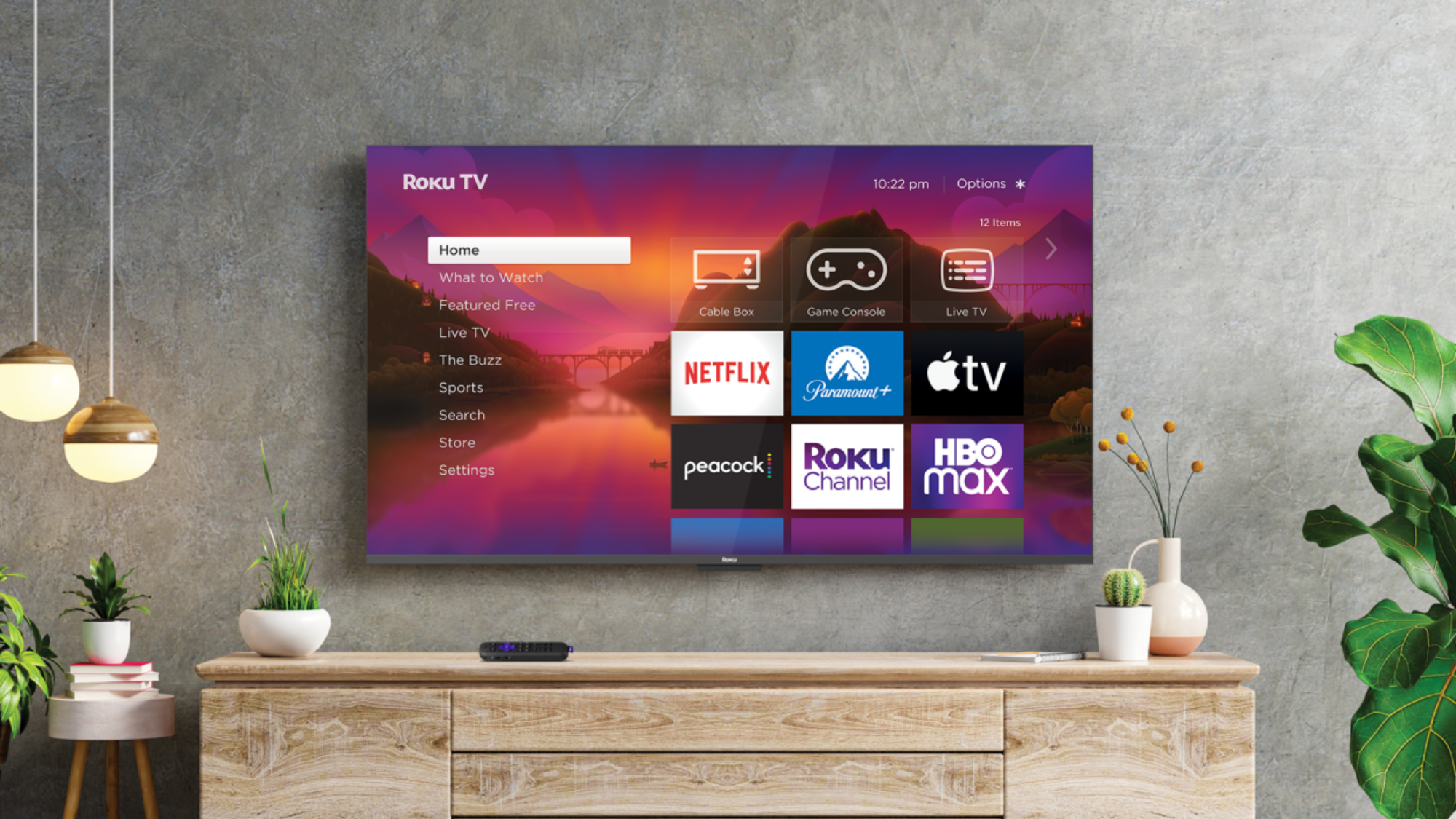
Broadband speeds required for gaming online
If you plan on gaming online, then it's certainly worth purchasing a Full Fibre deal that provides average download speeds of more than 100Mbps.
This is because gaming is particularly bandwidth-intensive. Most video game files are larger than 100 GB, meaning fast download speeds are required. By way of example, Call Of Duty: Modern Warfare is nearly 175 GB in size. This means it would take more than 33 hours to download with a 12Mbps ADSL connection. And that's only if it was downloading constantly while nobody else used the internet for anything.
Gaming online is bandwidth-intensive, so having higher speeds is going to deliver a better experience. This is especially true if you're playing multiplayer games, where a fast connection is required to avoid lag. So, if someone in the home is regularly gaming, it's best to pay for a Full Fibre package.
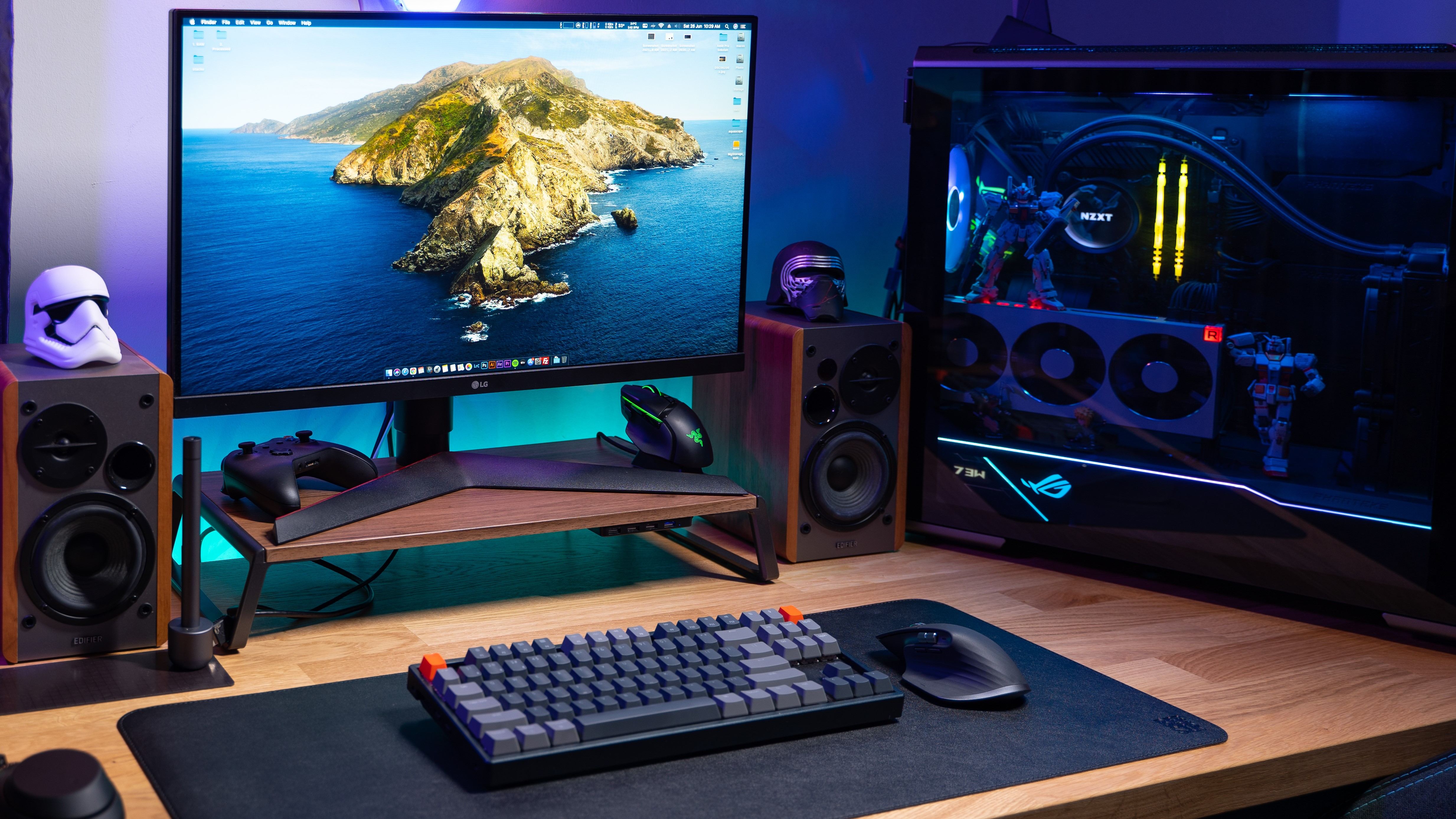
What are the benefits of faster speeds?
Put simply, faster speeds allow for quicker downloads, uninterrupted streaming and a more seamless online experience. If your upload speeds are quicker, you'll also find it easier to share photos online or make video calls.
The difference in time taken to download content can vary dramatically depending on the type of internet package you choose. For context, here's how long it would take different internet packages to download an 858 MB film via an on-demand service:
- 5Mbps broadband connection - 23 minutes and 9 seconds
- 16Mbps broadband connection - 7 minutes and 14 seconds
- 38Mbps broadband connection - 3 minutes and 3 seconds
- 76Mbps broadband connection - 1 minute and 31 seconds
- 150Mbps broadband connection - 46 seconds
- 500Mbps broadband connection - 14 seconds
- 1Gbps broadband connection - 9 seconds
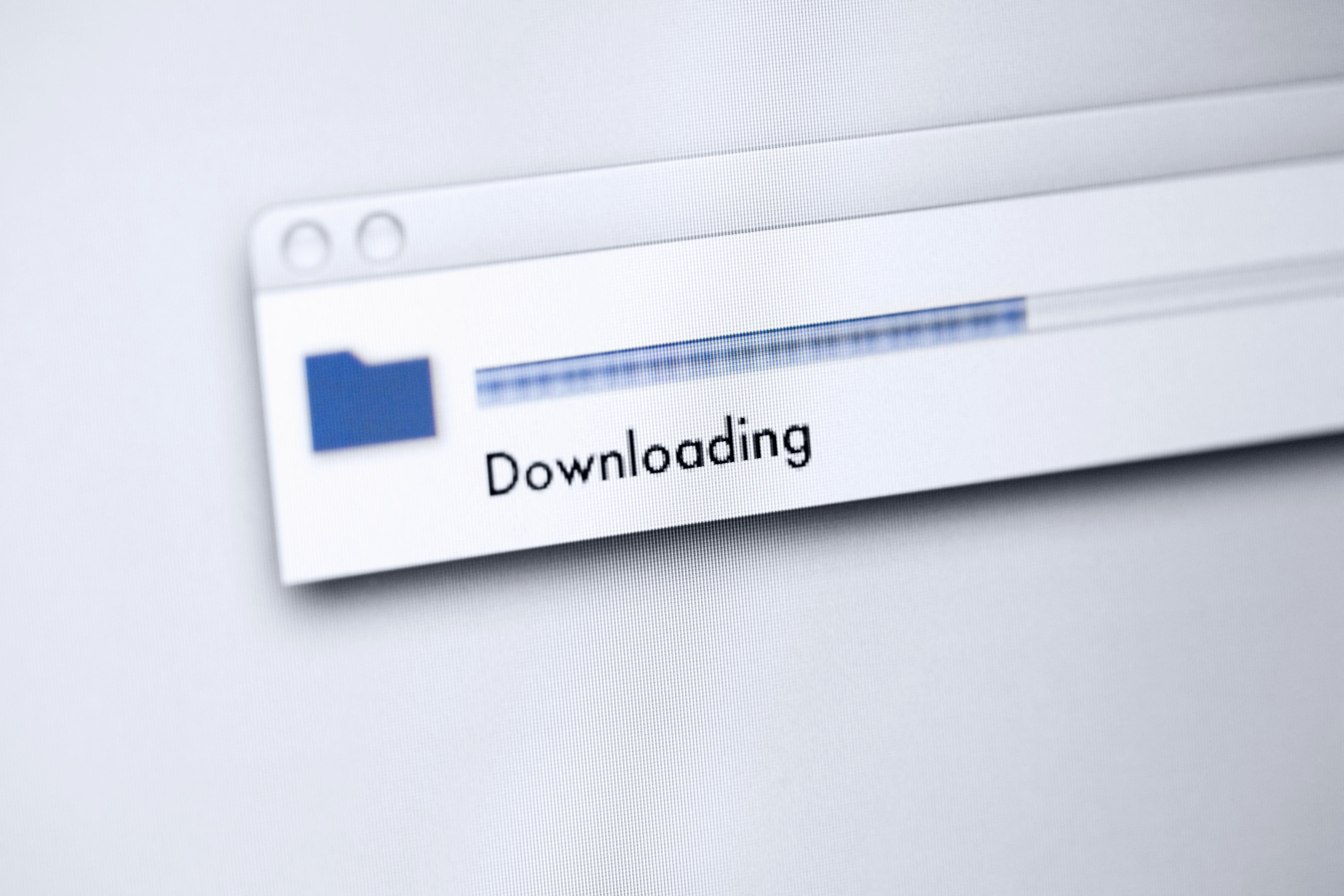
Broadband speeds by household size
In the modern world, most of us are downloading films, attending work calls or watching YouTube videos. As a result, as a general rule of thumb, it's advised that you'll need around average download speeds of 10Mbps per broadband user (20Mbps if someone is gaming or streaming 4K content).
This means that basic fibre packages are usually sufficient for households containing 2-4 people, but larger households (or households with gamers) will likely need Full Fibre packages instead.
Finding the best broadband deal
Confident you now know which broadband speed you're looking for? Well, the easiest way of finding the best broadband deal for your needs is by using the widget below.
Simply provide us with your postcode and we'll show you all of the best broadband deals that are available at your address. All you need to do is select the one with the speeds that match your needs. A great new broadband deal could be yours in only a couple of clicks.
Get daily insight, inspiration and deals in your inbox
Sign up for breaking news, reviews, opinion, top tech deals, and more.
Tom is a freelance copywriter and content marketer with over a decade of experience. Originally from an agency background, he is proud to have worked on campaigns for a number of energy providers, comparison sites and consumer brands.
